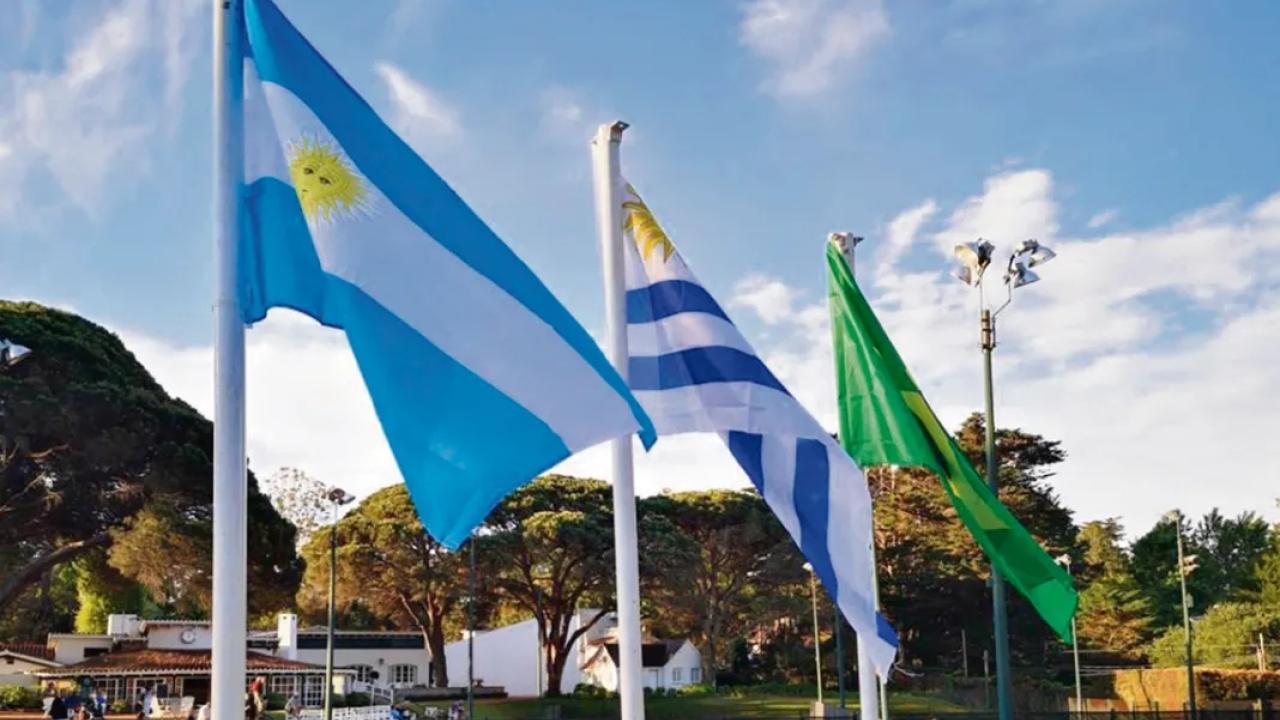
Despite the fact that an article had been incorporated into the Accountability Report to establish the refund of VAT in departments bordering Argentina and Brazil.
The Ministry of Economy and Finance of Uruguay (MEF) reported that it decided not to implement the VAT refund for purchases made in the departments bordering Argentina and Brazil, despite the fact that in the Accountability Report an article had been voted that allowed the establishment of a tax exemption regime in those areas, with the aim of mitigating the impact of the price difference with neighboring countries.
Through the Trade and Tax Policy Advisory Offices, the MEF responded to a request for information made by Rivera's deputy, Marne Osorio, who asked about the regulation of the article; the number of articles that make up the basket; the scope in terms of number of businesses, sales amounts, tax refunds; and the territorial limit defined for the application of the refund.
In that response to Osorio, the MEF indicated that the article was not regulated because although "the existence of a price problem in the border area that affects businesses and people living there is shared, it has not been concluded that the implementation of the mechanism is effective in treating the problem detected."
To support its position, the MEF stated that the “size of the price difference at certain levels is temporary” and that this gap is “strongly linked to economic policies and exchange rate differences in neighbouring countries.”
The second argument outlined by the economic team has to do with the fiscal cost for the Uruguayan State. According to the MEF, the return of VAT “would imply a very significant tax waiver, which might not achieve the intended objective.”
If the full VAT refund was chosen, according to the MEF, the refund could reach a maximum of 18.03% for goods taxed at the basic rate (22%) and 9.09% for those taxed at the minimum rate (10%).
The economic team analyzed that the objective of mitigating the negative impacts of the price gap with neighboring countries might not be effective, "to the extent that the price differences at the border are greater than the percentages mentioned" and that, therefore, "such a reduction does not change consumer habits."
The economic team also assessed that the return of VAT could be a measure that would generate “inequality with the rest of the population that would not be able to access this price reduction.”
Specifically, Article 579 approved in the 2022 Accountability Report authorized the Executive Branch of Uruguay to establish a VAT refund regime, including in a basket of products, for purchases made in shops at border crossings on the country's coast that were located within a maximum radius of 50 kilometers from the border crossings with Argentina and Brazil.
The measure had been requested by legislators representing the border departments who point out that, due to the price difference at the time with Argentina and currently with Brazil, Uruguayan businesses face a scenario of deep and constant loss of competitiveness, which has resulted in a deep depression in the functioning of the local economy of those departments.









